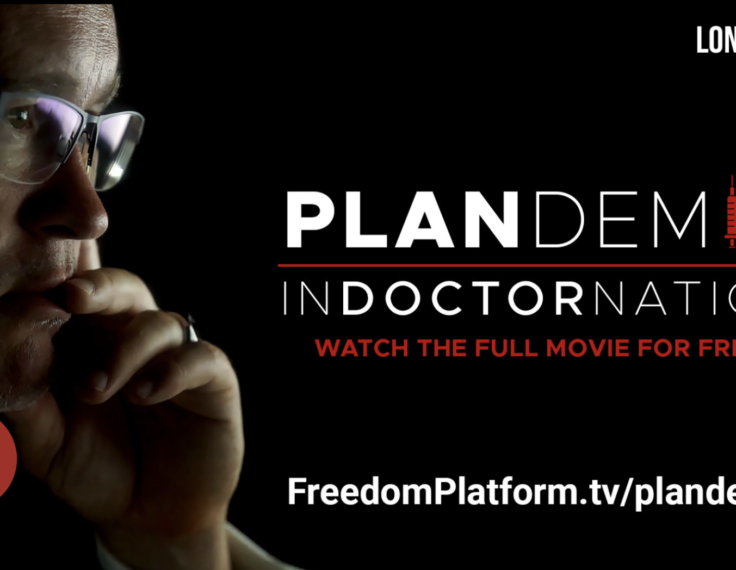
COVID-19
The Twitter origins and evolution of the COVID-19 “plandemic” conspiracy theory
Matthew D. Kearney, Shawn C. Chiang and Philip M. Massey
Tweets about “plandemic” (e.g., #plandemic)—the notion that the COVID-19 pandemic was planned or fraudulent—helped to spread several distinct conspiracy theories related to COVID-19. But the term’s catchy nature attracted attention from anti-vaccine activist filmmakers who ultimately created Plandemic the 26-minute documentary.
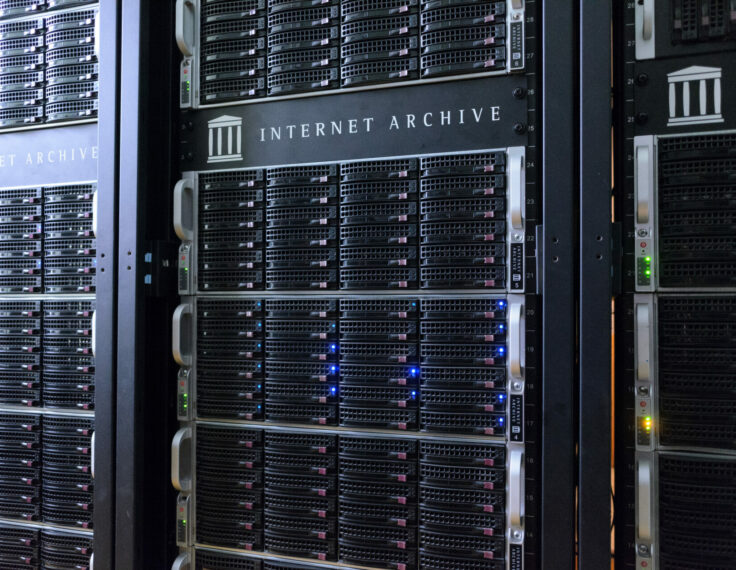
COVID-19
The weaponization of web archives: Data craft and COVID-19 publics
Amelia Acker and Mitch Chaiet
An unprecedented volume of harmful health misinformation linked to the coronavirus pandemic has led to the appearance of misinformation tactics that leverage web archives in order to evade content moderation on social media platforms. Here we present newly identified manipulation techniques designed to maximize the value, longevity, and spread of harmful and non-factual content across social media using provenance information from web archives and social media analytics.

COVID-19
Anger contributes to the spread of COVID-19 misinformation
Jiyoung Han, Meeyoung Cha and Wonjae Lee
A survey conducted over South Korean adults (N=513) reveals that emotions, specifically anger, contribute to the broader spread of misinformation on COVID-19 by leading angry individuals to consider false claims to be “scientifically credible.” This pattern is more evident among conservatives than liberals.
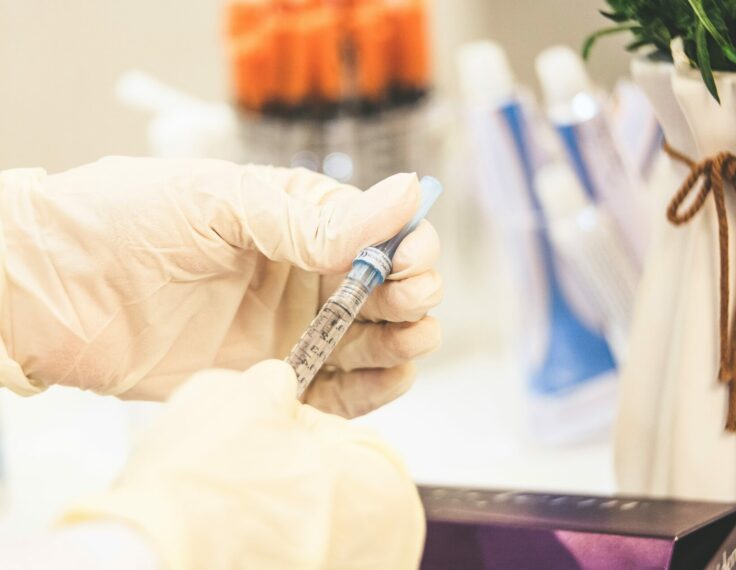
COVID-19
Not just conspiracy theories: Vaccine opponents and proponents add to the COVID-19 ‘infodemic’ on Twitter
Amelia M. Jamison, David A. Broniatowski, Mark Dredze, Anu Sangraula, Michael C. Smith and Sandra C. Quinn
In February 2020, the World Health Organization announced an ‘infodemic’—a deluge of both accurate and inaccurate health information—that accompanied the global pandemic of COVID-19 as a major challenge to effective health communication. We assessed content from the most active vaccine accounts on Twitter to understand how existing online communities contributed to the ‘infodemic’ during the early stages of the pandemic.
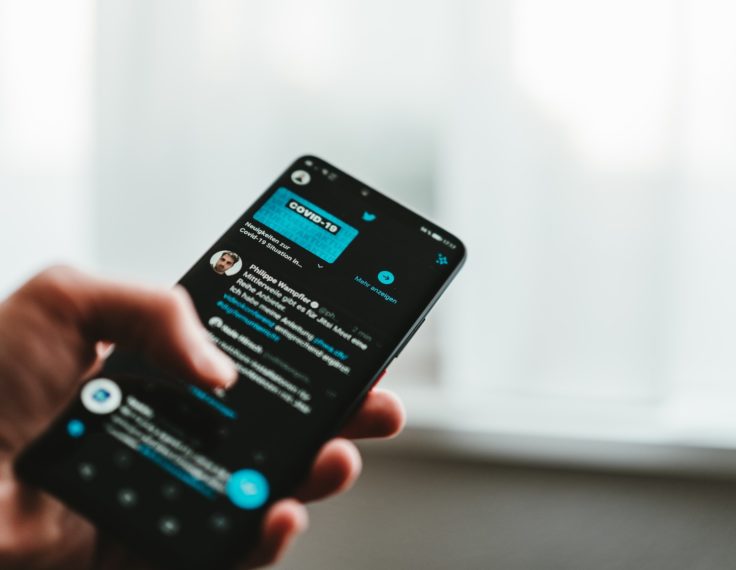
COVID-19
Misinformation more likely to use non-specific authority references: Twitter analysis of two COVID-19 myths
Joseph McGlynn, Maxim Baryshevtsev and Zane A. Dayton
This research examines the content, timing, and spread of COVID-19 misinformation and subsequent debunking efforts for two COVID-19 myths. COVID-19 misinformation tweets included more non-specific authority references (e.g., “Taiwanese experts”, “a doctor friend”), while debunking tweets included more specific and verifiable authority references (e.g.,
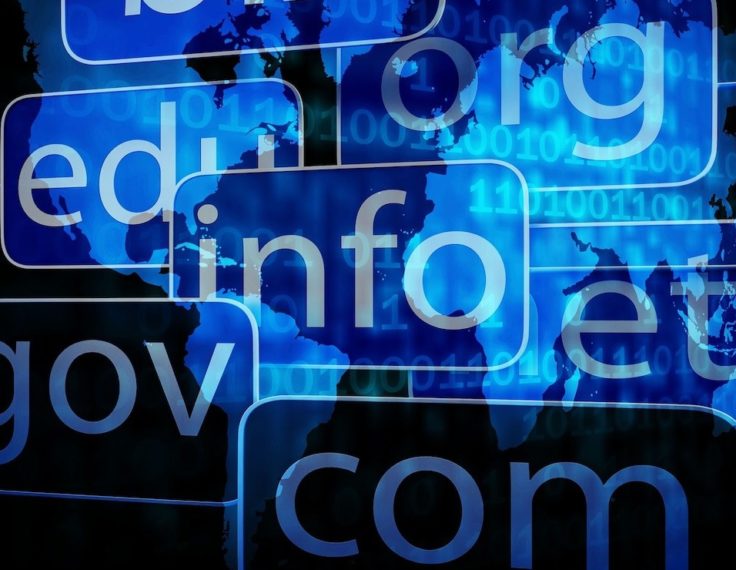
COVID-19
Ambiguity in authenticity of top-level Coronavirus-related domains
Nathanael Tombs and Eleonore Fournier-Tombs
During the novel coronavirus (Covid-19) crisis, citizens have been attempting to obtain critical information and directives from official government websites. These are usually hosted on top-level domains, such as coronavirus.mx. There is no reliable mechanism to verify these websites’ authenticity, and the space is also shared by commercial entities selling related (or not) products and advertisements.

COVID-19
The spread of COVID-19 conspiracy theories on social media and the effect of content moderation
Orestis Papakyriakopoulos, Juan Carlos Medina Serrano and Simon Hegelich
We investigate the diffusion of conspiracy theories related to the origin of COVID-19 on social media. By analyzing third-party content on four social media platforms, we show that: (a) In contrast to conventional wisdom, mainstream sources contribute overall more to conspiracy theories diffusion than alternative and other sources; and (b) platforms’ content moderation practices are able to mitigate the spread of conspiracy theories.
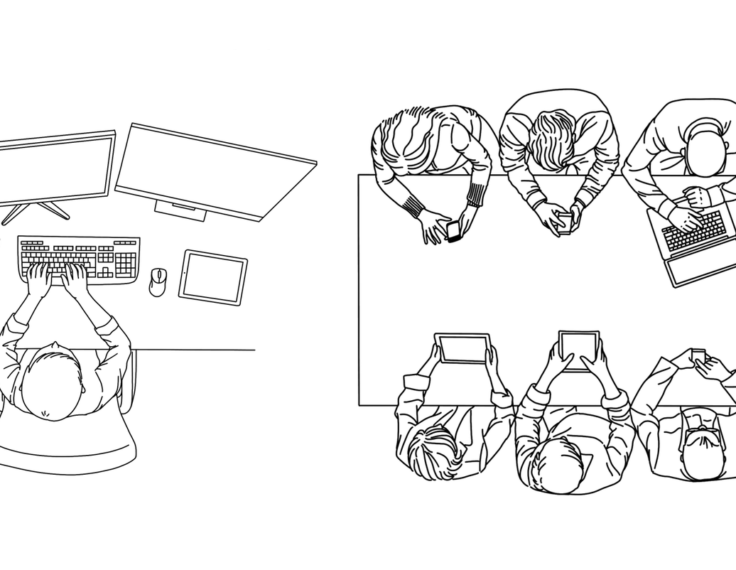
COVID-19
Meme factory cultures and content pivoting in Singapore and Malaysia during COVID-19
Crystal Abidin
This paper is a qualitative ethnographic study of how a group of meme factories in Singapore and Malaysia have adapted their content programming and social media practices in light of COVID-19. It considers how they have fostered, countered, or challenged the rise and spread of misinformation in both countries.

COVID-19
Ibuprofen narratives in five European countries during the COVID-19 pandemic
Sergi Xaudiera and Ana S. Cardenal
We follow the trajectory of the unverified story about the adverse effects of using Ibuprofen for treating the Coronavirus disease 2019 (COVID-19) on Twitter, across five European countries. Our findings suggest that the impact of misinformation1We use the term misinformation to refer to false or inaccurate information that is shared accidentally.

COVID-19
The causes and consequences of COVID-19 misperceptions: Understanding the role of news and social media
Aengus Bridgman, Eric Merkley, Peter John Loewen, Taylor Owen, Derek Ruths, Lisa Teichmann and Oleg Zhilin
We investigate the relationship between media consumption, misinformation, and important attitudes and behaviours during the coronavirus disease 2019 (COVID-19) pandemic. We find that comparatively more misinformation circulates on Twitter, while news media tends to reinforce public health recommendations like social distancing. We find that exposure to social media is associated with misperceptions regarding basic facts about COVID-19 while the inverse is true for news media.
